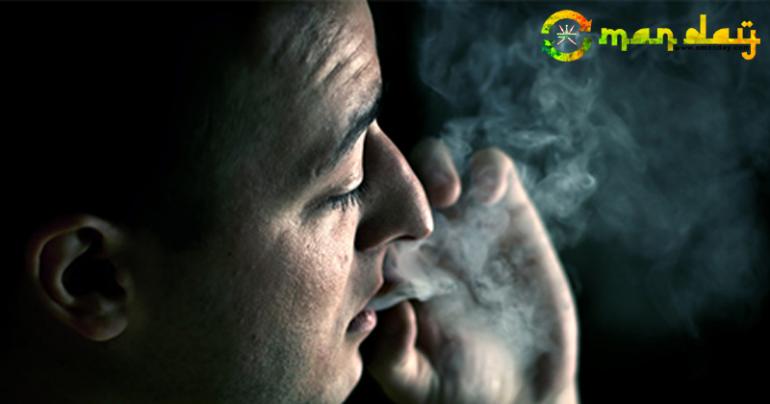Does Marijuana Really Help You Sleep?
If you speak to someone who has suffered from insomnia at all as an adult, chances are good that person has either tried using marijuana, or cannabis, for sleep or has thought about it.
This is reflected in the many variations of cannabinoid or cannabis-based medicines available to improve sleep – like Nabilone, Dronabinol and Marinol. It’s also a common reason why many cannabis users seek medical marijuana cards.
I am a sleep psychologist who has treated hundreds of patients with insomnia, and it seems to me the success of cannabis as a sleep aid is highly individual. What makes cannabis effective for one person’s sleep and not another’s?
While there are still many questions to be answered, existing research suggests that the effects of cannabis on sleep may depend on many factors, including individual differences, cannabis concentrations and frequency of use.
Cannabis and sleep
Access to cannabis is increasing. As of last November, 28 U.S. states and the District of Columbia had legalized cannabis for medicinal purposes.
Research on the effects of cannabis on sleep in humans has largely been compiled of somewhat inconsistent studies conducted in the 1970s. Researchers seeking to learn how cannabis affects the sleeping brain have studied volunteers in the sleep laboratory and measured sleep stages and sleep continuity. Some studies showed that users’ ability to fall and stay asleep improved. A small number of subjects also had a slight increase in slow wave sleep, the deepest stage of sleep.
However, once nightly cannabis use stops, sleep clearly worsens across the withdrawal period.
Over the past decade, research has focused more on the use of cannabis for medical purposes. Individuals with insomnia tend to use medical cannabis for sleep at a high rate. Up to 65 percent of former cannabis users identified poor sleep as a reason for relapsing. Use for sleep is particularly common in individuals with PTSD and pain.
This research suggests that, while motivation to use cannabis for sleep is high, and might initially be beneficial to sleep, these improvements might wane with chronic use over time.
...[ Continue to next page ]
Share This Post






